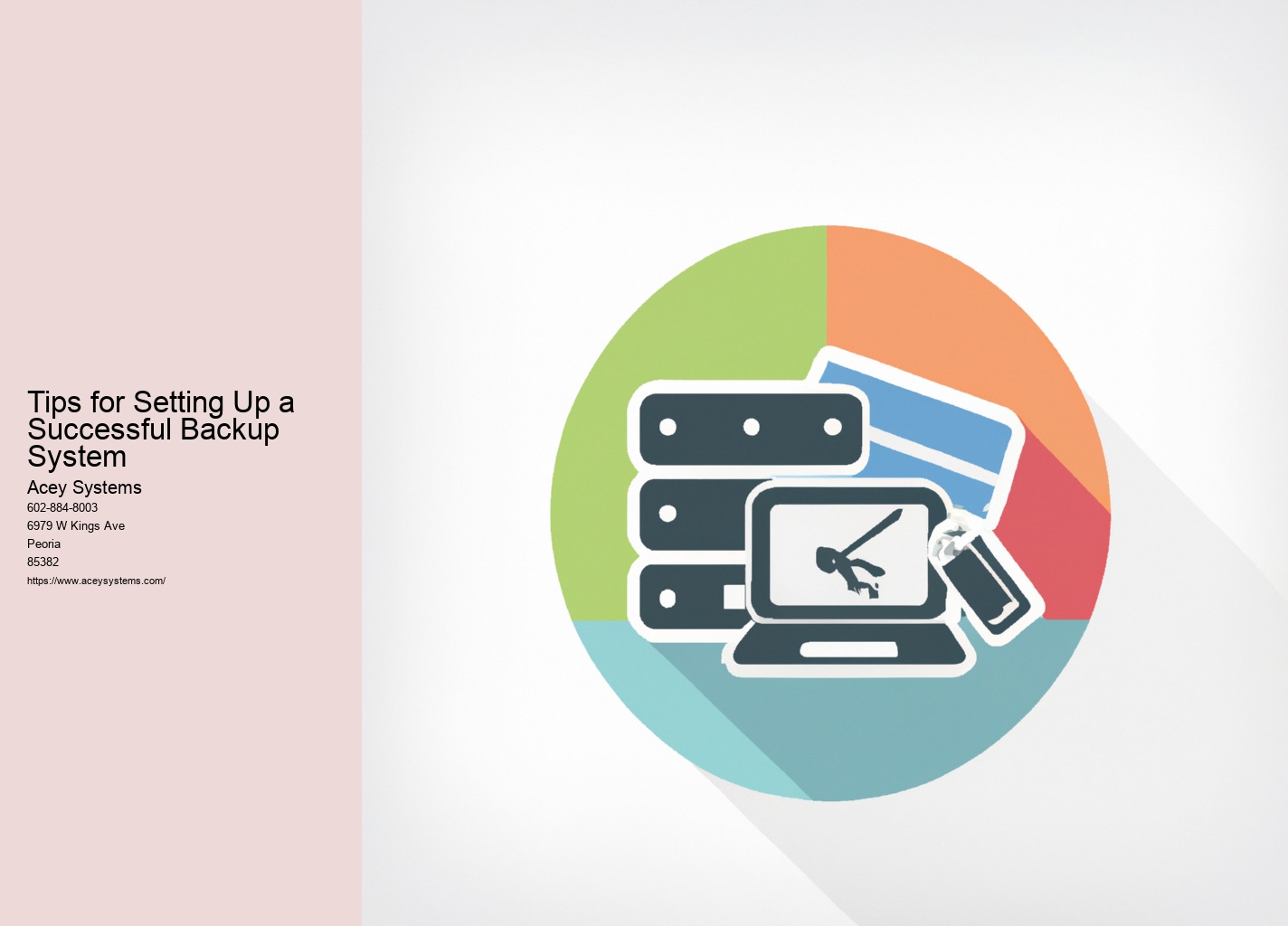Time is of the essence in today's fast-paced digital world, and ensuring the safety and security of valuable data is paramount. computer backup services . As the wise saying goes, "Failing to prepare is preparing to fail."
In this article, we will delve into the crucial steps required to set up a successful backup system. By determining your backup needs, selecting the right solution, and implementing and testing your system, you can safeguard your data and serve others with confidence.
Determining Your Backup Needs
When setting up a successful backup system, it is crucial to regularly assess and determine your backup needs. This involves evaluating the data that needs to be backed up, the frequency at which it needs to be backed up, and the storage capacity required.
Start by identifying critical data that is essential for the smooth operation of your organization or business. This could include customer information, financial records, and important documents.
Next, consider the frequency of backups. Determine whether daily, weekly, or monthly backups are sufficient to meet your needs.
Additionally, assess the storage capacity required for your backups. Calculate the total size of the data that needs to be backed up and ensure that you have enough storage space to accommodate regular backups.
Selecting the Right Backup Solution
The selection of the right backup solution is an essential step in establishing a successful backup system. When choosing a backup solution, it is important to consider several factors to ensure it meets your organization's needs.
First, assess the amount of data you need to back up and the frequency of backups required. This will help determine the storage capacity and speed requirements of the solution.
Next, consider the type of data you are backing up, such as files, databases, or virtual machines, and ensure the solution supports these formats.
Additionally, evaluate the backup solution's scalability, security features, and ease of use.
It is also crucial to assess the level of support and reliability provided by the vendor to ensure seamless backup operations.
Implementing and Testing Your Backup System
To ensure the effectiveness and reliability of your backup system, it is crucial to implement and conduct thorough testing of the system's functionality. This step is essential to verify that your backup system is correctly configured and capable of performing its intended tasks. Here are some key considerations when implementing and testing your backup system:
- Implementation:
- Ensure that the backup solution you have chosen is compatible with your existing infrastructure.
Configure the backup system according to your specific requirements, including the frequency of backups, retention policies, and storage options.
Testing:
- Perform regular test restores to validate the integrity of your backups and ensure that data can be recovered successfully.
- Simulate various failure scenarios, such as hardware failures or data corruption, to evaluate the system's ability to restore data accurately.
